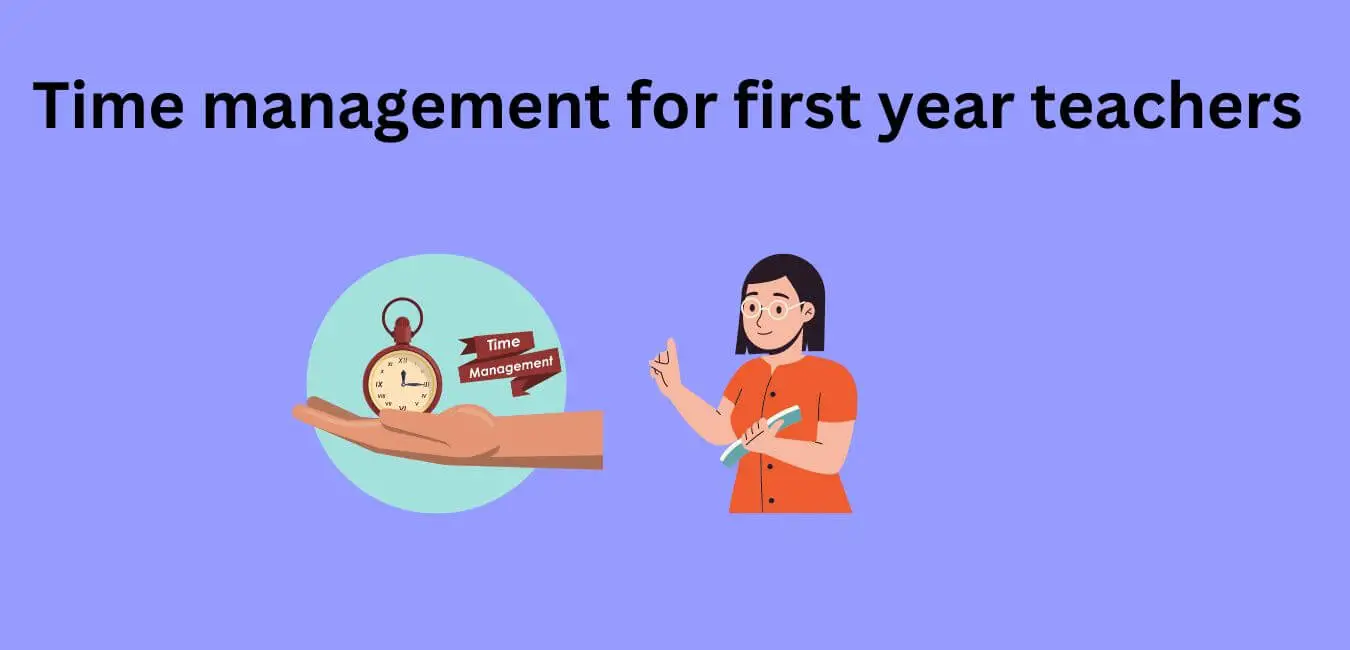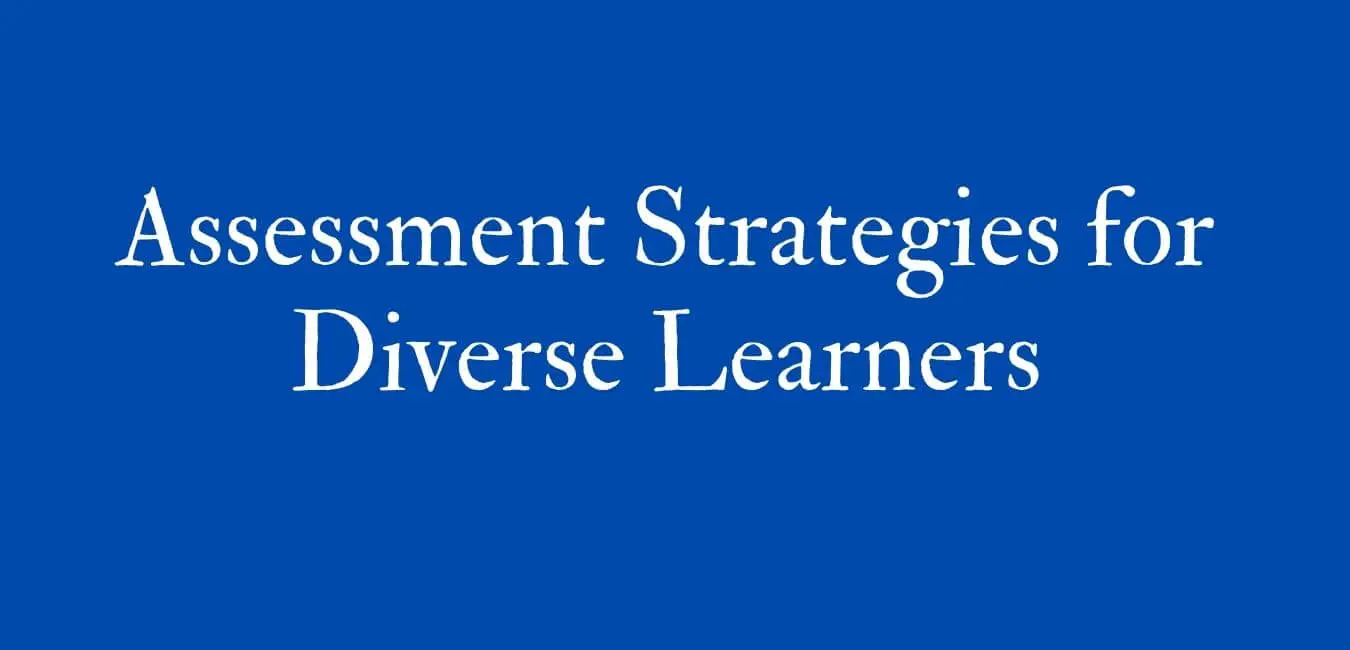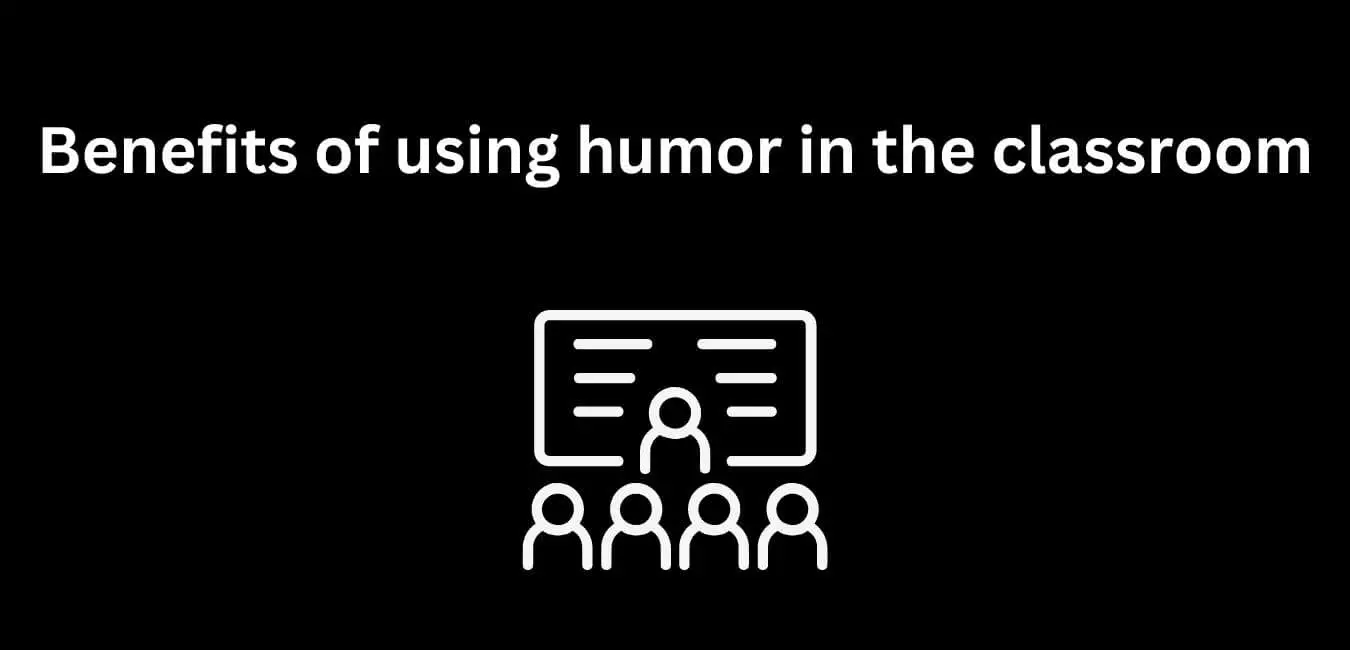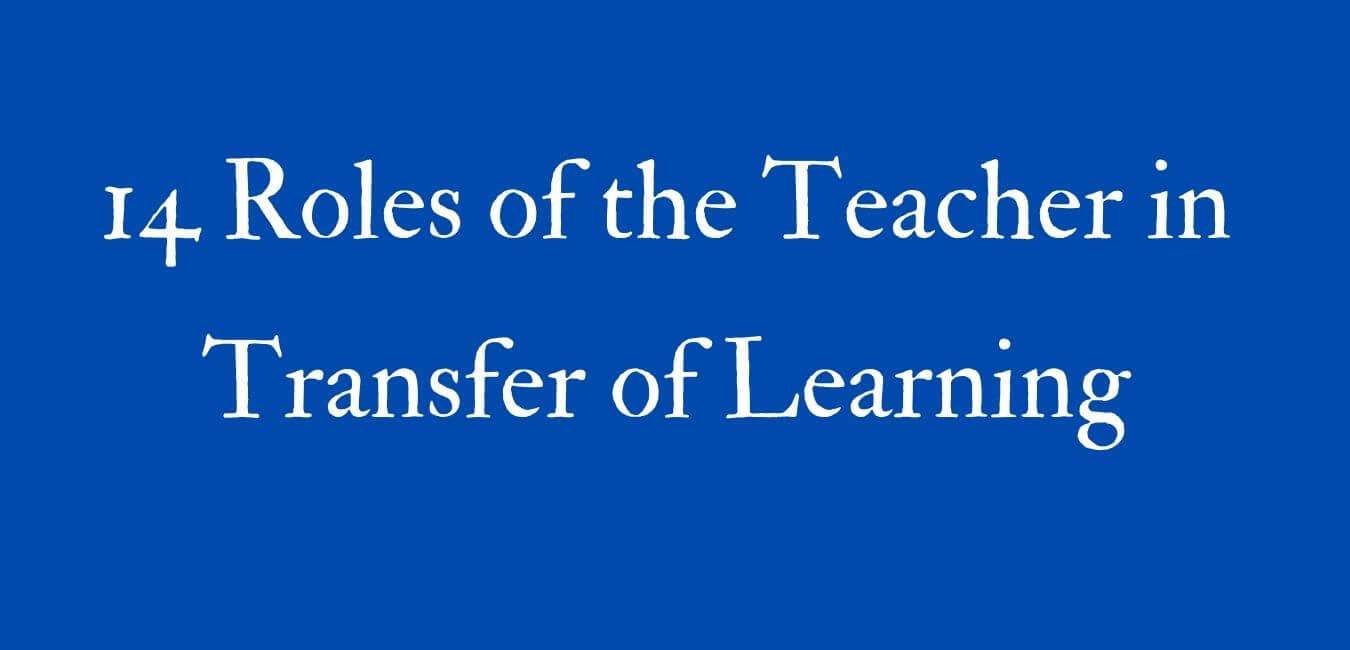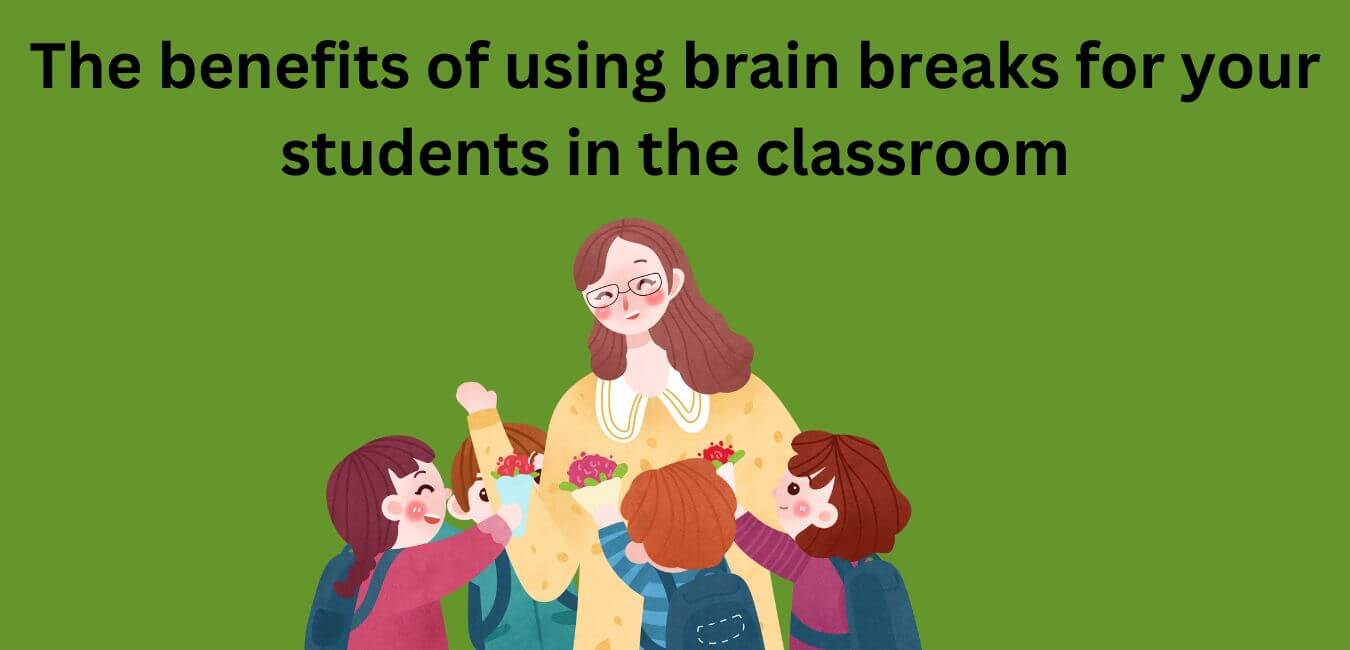As a first-year teacher, time management can be a daunting task. It’s easy to feel overwhelmed by the numerous responsibilities that come with the job.
From creating lesson plans to grading assignments, managing time effectively can help reduce stress levels and ensure a healthy work-life balance.
This article will provide some helpful tips and tricks for first-year teachers to manage their time efficiently.
Why is Time Management Important for First-Year Teachers?
1. Reducing Stress and Anxiety
Effective time management leads to reduced stress and anxiety levels among first-year teachers. With a workload that can easily pile up, prioritizing and planning out tasks can help alleviate feelings of being overwhelmed. By utilizing time management strategies, teachers can stay on top of their work and avoid feeling like they’re constantly playing catch-up.
2. Promoting a Work-Life Balance
Without effective time management, teachers risk neglecting their personal lives. By planning and scheduling out their day, teachers can make time for both work and personal life. This balance can help prevent teacher burnout, which is a common occurrence for those new to the profession.
3. Maximizing Productivity
Effective time management can help teachers get more done in less time. When tasks are prioritized and planned out, time can be used more efficiently. This leads to an increase in productivity and can help ensure that all tasks are completed on time.
4. Prioritizing tasks
Time management helps first-year teachers prioritize tasks and focus on what’s truly important. This ensures that they use their time efficiently and effectively.
5. Meeting deadlines
Teachers need to meet various deadlines throughout the year such as grading assignments, submitting lesson plans, etc., making it important for them to manage their time well.
6. Creating a routine
A well-managed schedule allows first-year teachers to establish a routine that can make daily classroom activities more efficient and productive.
7. Maximizing learning opportunities
Good time management enables first-year teachers to maximize learning opportunities inside and outside the classroom by ensuring that they have enough free time available for professional development activities like attending workshops or conferences etc.
What are Some Time Management Tips for First Year Teachers?
1. Make a To-Do List
Creating a to-do list is a simple yet effective way for first-year teachers to manage their time. By writing out tasks that need to be completed, they can keep track of what needs to be done and when. This helps avoid forgetting important tasks and ensures that nothing is left unfinished.
2. Prioritize Tasks
Not all tasks are created equal, and it’s important to prioritize them accordingly. By identifying and focusing on the most important tasks first, teachers can ensure that they’re making the best use of their time. This can also help avoid the stress of feeling like everything needs to be done at once.
3. Utilize Technology to Save Time
There are numerous apps and tools available that can save teachers time. From grading software to virtual classroom aids, technology can be a game-changer for managing time effectively. By exploring different options, first-year teachers can find the tools that work best for them and their specific needs.
4. Use a Planner
A planner is an essential tool for first-year teachers who are learning to manage their time. It can be challenging to keep track of all the deadlines and important dates when you’re juggling lesson plans, grading papers, and attending meetings. Using a planner will help you stay organized and reduce stress.
When choosing a planner, consider your preferences and needs. Some people prefer physical planners that they can write in by hand, while others prefer apps on their phones or computers. You should also consider the size of your planner – do you need something small enough to carry around with you or something larger that has more space for notes?
Once you have chosen your preferred type of planner, make sure to use it consistently. Write down all upcoming deadlines and events as soon as you learn about them. Review your planner daily so that nothing gets overlooked or forgotten. By using a planner regularly, you’ll be able to stay on top of your tasks and avoid last-minute rushes to complete assignments on time.
5. Block Scheduling
Block scheduling can be an effective time management tool for first-year teachers. By dedicating specific blocks of time to certain tasks, teachers can avoid feeling overwhelmed and ensure that they are making progress on all necessary responsibilities. For example, a teacher might block off Monday mornings for lesson planning, Tuesday afternoons for grading papers, and Wednesday evenings for making parent calls.
When implementing block scheduling, it is important to be realistic about how much time each task will take. Teachers should also prioritize their tasks so that the most important ones receive dedicated blocks of time each week. It may be helpful to create a visual schedule or use a planner to keep track of blocked-off times and what tasks will be completed during those times.
While block scheduling can help with time management, it is also important for teachers to remain flexible. Emergencies or unexpected events may arise and disrupt the planned schedule. In these instances, it is okay to adjust the schedule as needed while still ensuring that all necessary tasks are completed in a timely manner.
6. Take breaks
The importance of taking breaks throughout the day cannot be overstated. As a first-year teacher, it can be easy to get caught up in the many demands of your job and forget to take care of yourself. However, taking regular breaks is crucial for maintaining focus and productivity.
One way to incorporate short breaks into your daily routine is through the Pomodoro Technique. This technique involves working for 25 minutes, then taking a five-minute break before starting again. After four work sessions, take a longer break of 15-20 minutes to recharge.
Taking breaks doesn’t have to mean sitting down and doing nothing either. Going for a quick walk around the school or stretching at your desk can help improve circulation and reduce stress levels. It’s important to remember that prioritizing self-care will ultimately lead to better time management and increased job satisfaction in the long run.
7. Say No
Saying no is a crucial part of time management, especially for first-year teachers who are still trying to find their footing in the profession. Learning how to decline requests tactfully and respectfully can help you manage your workload and avoid burnout. It’s important to remember that saying no doesn’t necessarily mean that you are being uncooperative or difficult; it simply means that you need to prioritize your responsibilities.
Start by evaluating each request carefully and determining whether it aligns with your goals and priorities. If a request doesn’t fit within your schedule or competencies, be honest about it and explain why you cannot accommodate it at this time. Be polite but firm in your response, and offer alternative solutions if possible. Remember that saying no is not a sign of weakness or incompetence; it’s a powerful tool for managing your time effectively.
If you struggle with saying no, start small by declining minor requests that do not have significant consequences. As you become more confident in prioritizing your workload, gradually work up to declining larger requests or projects that may require more investment of time and energy. With practice, saying no will become second nature, allowing you to focus on what really matters: providing quality education to your students while maintaining balance in your personal life as well.
8. Learn to Delegate
Delegating can be difficult for first-year teachers who are still trying to find their footing in the classroom, but it’s an essential step toward becoming more effective at time management. When you’re feeling overwhelmed with workloads, seeking help from colleagues is one of the best ways to lighten your load. Not only does delegating free up some of your time, but it also allows you to focus on tasks that require your specific skills and expertise.
One way to delegate effectively is by first identifying which tasks can be delegated and then assigning them to someone who has the right skills and experience. For example, if you’re struggling with grading papers or organizing lesson plans, consider asking a fellow teacher if they would be willing to lend a hand. In many cases, teachers are more than happy to help out their colleagues when needed.
Delegating isn’t just about getting rid of tasks that you don’t want to do; it’s also about building relationships with your colleagues and creating a supportive community within the school. By working together and sharing responsibilities, teachers can create a collaborative environment where everyone feels valued and supported. Remember that asking for help is not a sign of weakness; in fact, it shows that you’re willing to learn from others and improve your own practice as well.
9. Reduce Distractions
Distractions are one of the biggest challenges to effective time management. As a first-year teacher, it is essential to reduce distractions in order to maximize your productivity and achieve your goals. One of the best ways to limit distractions is by turning off notifications on your phone while working on a project. This will help you stay focused and prevent interruptions that can derail your progress.
Another way to reduce distractions is by closing unnecessary tabs on your computer while working on a project. When you have too many tabs open, it can be difficult to focus and prioritize tasks effectively. By closing unnecessary tabs, you can eliminate the visual clutter and create a more streamlined workspace that facilitates concentration.
Ultimately, reducing distractions requires discipline and commitment. It may take some time to develop these habits, but with practice, they will become second nature. By limiting distractions in your work environment, you can improve your productivity and achieve better results in less time – an important skill for any new teacher looking for success in their career.
10. Avoid multitasking
Multitasking may seem like a great way to get multiple things done quickly, but in reality, it can actually hinder your productivity. When you juggle multiple tasks at once, your attention is divided among them, which means you may not be giving any of them your full focus or effort. This can lead to mistakes and oversights that could have been avoided if you had taken the time to complete each task individually.
Instead of multitasking, try focusing on completing one task at a time. This allows you to give each task your undivided attention and ensure that it is completed accurately and efficiently. It also helps you avoid feeling overwhelmed by having too many things on your plate at once.
To make this technique even more effective, prioritize your tasks based on their level of urgency or importance. This will help you tackle the most pressing tasks first and prevent procrastination or avoidance of difficult tasks by keeping yourself organized and focused one thing at a time.
11. Plan Ahead
Planning ahead is an essential time management strategy for first-year teachers. By planning lessons ahead of time, you can avoid the stress and pressure of having to come up with a lesson plan on the spot when something unexpected happens. Having a solid plan in place also allows you to be more flexible and adjust your schedule accordingly.
One way to plan ahead is by creating a weekly or monthly schedule that outlines all of your lesson plans and activities. This will help you stay organized and ensure that you have enough time to cover all of the necessary material. You can also use this schedule as a reference point when unexpected events arise.
In addition, it’s important to take advantage of any downtime you may have during the school day or week. Use this time to prepare for future lessons, grade papers, or create new classroom materials. By using your time wisely and planning ahead, you can reduce stress levels and become a more effective teacher in the long run.
12. Have realistic expectations
Establishing realistic expectations is an essential component of effective time management for first-year teachers. Attempting to accomplish too many tasks in a single day can leave you feeling overwhelmed and discouraged, leading to decreased productivity in the long run. Instead, set yourself achievable daily goals that are aligned with your overall objectives.
One way to establish reasonable daily goals is by breaking down larger projects into smaller, more manageable tasks. For example, instead of attempting to grade all the assignments from your students at once, try breaking them down into smaller subsets based on their due dates or types of work submitted. This will enable you to focus better on each task while also making it easier for you to track your progress over time.
Finally, be flexible and adaptable when it comes to managing your time as a first-year teacher. You may need to adjust your schedule depending on unexpected events or changes in priorities throughout the day. By setting realistic expectations and being open-minded about shifting your plans as needed, you will be better equipped to effectively manage your workload while maintaining a healthy work-life balance.
13. Stick to a Schedule
As a first-year teacher, the workload and responsibilities can be overwhelming. One of the best ways to manage your time is by sticking to a schedule. Having a set plan for the day will help you stay organized and focused on completing your tasks efficiently.
Creating a schedule doesn’t have to be complicated; it can be as simple as writing down a list of tasks that need to be completed and assigning them specific times. By doing this, you are prioritizing your work and ensuring that everything gets done in a timely manner.
Sticking to a schedule also helps with time management because it eliminates distractions. When you know what needs to be done at specific times, you’re less likely to get sidetracked by other things that may come up during the day. This allows you to focus on the task at hand without being pulled in multiple directions. Overall, having a set schedule will help reduce stress, increase productivity, and make your workday more manageable as a first-year teacher.
14. Avoid Procrastination
Procrastination is the biggest hindrance to effective time management. It is a habit that can easily creep in and sabotage your productivity. First-year teachers, in particular, need to avoid procrastination, as it can lead to unnecessary stress and anxiety. To combat this habit, try breaking down tasks into smaller, more manageable chunks. This approach will help you feel less overwhelmed and more motivated to tackle each task.
Another way to avoid procrastination is through proper planning and organization. Set clear goals for yourself and create a schedule that outlines specific times for completing each task. Use time-blocking techniques that allow you to focus on one thing at a time without distractions. Additionally, eliminate any potential distractions, such as social media or email notifications, during work hours.
Finally, prioritize your tasks based on their level of importance or urgency. This strategy will help you focus on the most critical tasks first while still allowing ample time for less important ones later in the day or week. Remember that starting work early not only boosts productivity but also leads to better work-life balance by reducing stress levels associated with last-minute deadlines or unfinished projects.
15. Don’t Overdo It
It’s easy to get overwhelmed when starting a new job, especially as a first-year teacher. You may feel like you have to do everything at once, but trying to do too much can lead to burnout and discouragement. It’s important to prioritize your tasks and break them down into manageable steps.
One way to avoid overdoing it is by creating a daily or weekly schedule for yourself. This will help you stay organized and focused on the most important tasks. Start with the most urgent or time-sensitive items first, then move on to less pressing matters.
Remember that it’s okay to ask for help or delegate tasks when necessary. Don’t feel like you have to take on everything yourself. By taking small steps and focusing on what’s most important, you’ll be able to manage your workload more effectively and achieve success in your teaching career.
16. Stay Motivated
Staying motivated as a first-year teacher can be challenging, but it’s crucial for success in the classroom. One way to maintain motivation is to set specific goals for each day or week and track your progress toward achieving them. Celebrating small victories along the way can also help boost morale and keep you motivated.
Another helpful tip is to seek support from colleagues or mentors when needed. Don’t be afraid to ask for guidance or advice when facing challenges in the classroom; chances are that others have gone through similar experiences and may have valuable insights to share.
Remember that motivation is not just about staying positive, but also about taking action towards your goals. Make a plan, stay organized, and take proactive steps toward achieving success as a first-year teacher.
How Can First-Year Teachers Manage Classroom Time?
1. Plan Lessons in Advance
Planning lessons in advance is a vital aspect of time management for first-year teachers. By having a lesson plan ready ahead of time, teachers can spend more time focusing on classroom management and student engagement. This can also help prevent feeling rushed or unprepared during class.
2. Assign Tasks to Students
By assigning tasks to students, teachers can manage their time more effectively during class. This can include having students lead discussions or having them work on group projects. By delegating tasks, teachers can focus on managing the classroom and ensuring that everyone is on track.
3. Set Boundaries with Students
It’s important to set boundaries with students to manage classroom time effectively. By having clear rules and expectations, teachers can ensure that students are focused and engaged during class. This can also help prevent disruptions and ensure that class time is used productively.
How Can First-Year Teachers Manage Grading Time?
1. Grade Assignments in Batches
Grading assignments can be a time-consuming task, but it doesn’t have to be. By grading assignments in batches, teachers can stay on top of their workload and avoid feeling overwhelmed. This also ensures that students receive timely feedback, which is essential for their growth and development.
2. Use Rubrics for Consistency
Using rubrics can save time and ensure consistency in grading. By having predetermined criteria, teachers can grade assignments quickly and accurately. This also helps ensure that all students are being graded fairly and helps prevent subjective grading.
3. Provide Timely Feedback
Providing timely feedback is essential for students’ growth and development. By grading assignments promptly, teachers can provide feedback and suggestions that can help students improve. This also helps prevent students from feeling like their hard work is being ignored.
How Can First-Year Teachers Manage Personal Time?
1. Keep Your Personal Life Separate
It’s important to keep personal and work life separate to manage time effectively. By creating a clear line between personal and work time, teachers can ensure that they’re making time for both. This can also help prevent burnout and ensure that teachers have time to recharge.
2. Use a Planner to Schedule Personal Time
Using a planner is a great way to manage personal time. By scheduling in personal time, teachers can make sure that they’re making time for themselves. This can also help prevent the feeling of constantly working and can improve overall well-being.
3. Use Weekends and Holidays Wisely
Weekends and holidays are great opportunities for teachers to manage their time and get ahead. By using this extra time wisely, teachers can get ahead on lesson planning and grading. This can also help reduce stress levels during the week, as they’ll have less to worry about. Effective time management is essential for first-year teachers to succeed. By utilizing the tips and strategies outlined in this article, teachers can manage their time, reduce stress levels, and ensure a healthy work-life balance. Remember, managing time effectively takes practice, so don’t be afraid to experiment and find what works best for you.
Conclusion
Time management is a key skill that every first-year teacher must master to help them optimize their work and balance their time effectively. Teachers need to develop strong organizational skills, utilize technology in planning and record keeping, and eliminate time-wasters such as procrastination or distractions. As a first-year teacher, one must focus on creating routines, setting achievable goals, and prioritizing tasks so that they do not get overwhelmed or fall behind. Seeking help from experienced teachers or professional development sessions can also provide useful insights on managing time more efficiently. Lastly, being flexible and willing to adjust plans to fit the dynamic nature of teaching is crucial in managing time effectively. With these tips, first-year teachers can manage their time and create a positive impact on their professional and personal lives.

